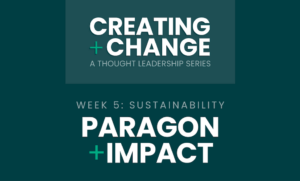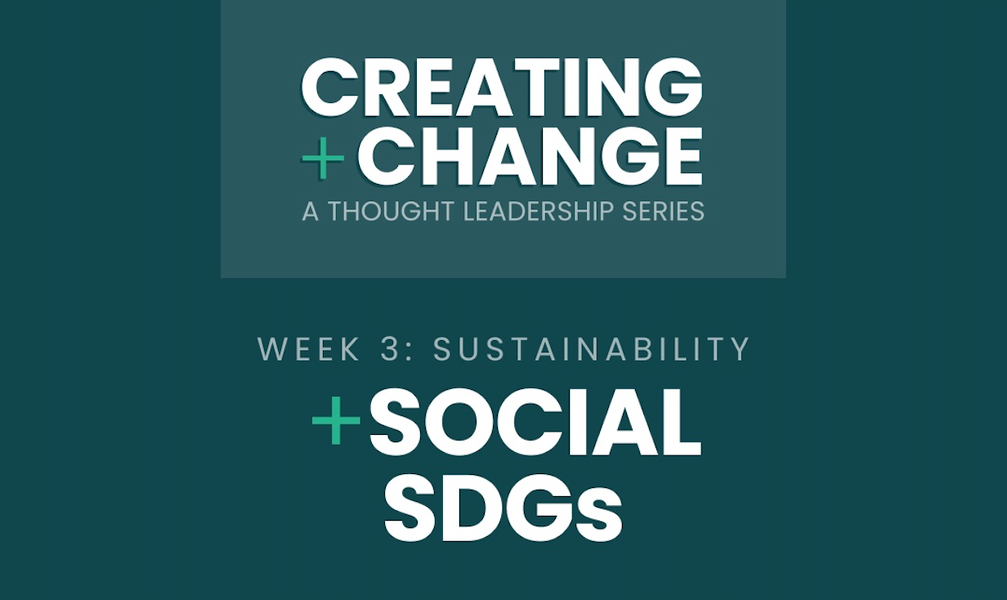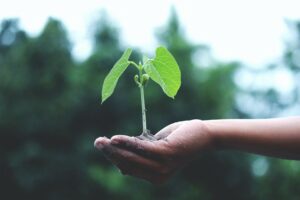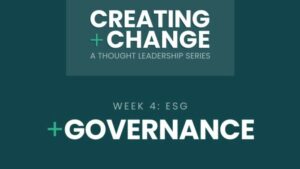Welcome to Creating +Change Series: Chapter 2, Week 3 🌍
Since the adoption of the Sustainable Development Goals (SDGs) in 2015, significant efforts have been made to address various global challenges. However, progress in achieving the social SDGs has been hindered by multiple factors. The COVID-19 pandemic, conflicts, climate change, and growing inequalities have reversed decades of progress, calling for urgent action and investment to meet the targets. In this article, we will examine the progress made so far and highlight the challenges that need to be addressed to achieve these goals.
Goal 1: End poverty in all its forms everywhere:
Global poverty reduction was already slowing down before the pandemic, and the impacts of COVID-19 have reversed three decades of steady progress. The number of people living in extreme poverty increased for the first time in a generation. Despite the expansion of social protection during the pandemic, over 4 billion people globally remain entirely unprotected. By 2030, it is projected that 575 million people will still be living in extreme poverty.
👥 Eradicating poverty requires enhanced job opportunities and the extension of social services to the most excluded.
Goal 2: End hunger, achieve food security, and promote sustainable agriculture:
The number of people facing hunger and food insecurity has been on the rise, exacerbated by the pandemic, conflicts, climate change, and inequalities. Efforts to reduce hunger have fallen short, with projections indicating that approximately 670 million people will still face hunger by 2030.
🍽 Immediate and intensified efforts are needed to transform food systems, ensure food security, and invest in sustainable agricultural practices.
Goal 3: Ensure healthy lives and promote well-being for all at all ages:
The pandemic and other ongoing crises have hindered progress in achieving SDG3 and exacerbated health inequalities. Maternal mortality rates remain high, and progress in reducing under-5 mortality rates is insufficient to meet the targets. Progress in combating communicable diseases, such as HIV, TB, and malaria, is off track. The pandemic has highlighted the need for stronger global health security systems.
🏥 Strengthening health systems and increasing investments in healthcare are essential to overcome setbacks and ensure universal health coverage.
Goal 4: Ensure inclusive and equitable quality education and promote lifelong learning opportunities for all:
Even before the COVID-19 pandemic, the world was off-track to achieve universal access to quality education. The pandemic has further worsened the situation, with an estimated 84 million children and young people out of school. Furthermore, globally, in 2020, over 14% of teachers are still not qualified according to national norms, with little improvement since 2015. The lack of basic numeracy and literacy skills among 300 million students poses a significant challenge.
📚 Reimagining education systems and prioritising education financing are crucial to achieving SDG4.
Progress towards achieving SDG 5, which aims to achieve gender equality and empower all women and girls, is lagging globally. None of the indicators have met or almost met their targets, highlighting the large gaps that still exist. At the current rate of progress, it would take several centuries to close gaps in legal protection, achieve equal representation in positions of power and leadership, and attain equal representation in national parliaments. Existing gender inequalities have been intensified by cascading global crises, impacting access to healthcare, education, and economic opportunities. Discriminatory laws and lack of protective measures against discrimination persist in many countries, while child marriage rates remain high, with the COVID-19 pandemic further threatening progress. Although there has been a slight increase in women’s representation in national parliaments and management positions, achieving gender parity by 2030 remains unlikely. Comprehensive systems for tracking and allocating resources for gender equality are absent in a significant number of countries.
⚖️ To accelerate progress towards SDG 5, concerted efforts are needed to address discriminatory laws, promote women’s leadership, ensure reproductive rights, address land ownership disparities, bridge the digital gender divide, and establish robust systems for resource allocation and tracking.
Goal 7: Ensure access to affordable, reliable, sustainable and modern energy for all:
While the global population with electricity access has increased to 91% in 2021, with a rebound in electrification, the annual growth rate has slowed to 0.6 percentage points. Around 675 million people, mostly in LDCs and sub-Saharan Africa, still lack access. The share of renewable energy in total final energy consumption reached 19.1% in 2020, driven by the electricity sector, but progress in the heat and transport sectors has been limited. Moreover, the rate of improvement in primary energy intensity dropped to 0.6% in 2020, influenced by a shift in economic structure and modest efficiency gains.
⚡️ Efforts are needed to accelerate electrification, expand renewable energy use, and enhance energy efficiency to achieve SDG7 targets and ensure sustainable and equitable energy access for all.
Goal 11: Make cities and human settlements inclusive, safe, resilient and sustainable:
As of 2022, approximately 1.1 billion people lived in slums or slum-like conditions in urban areas, and this number is expected to increase by 2 billion over the next 30 years. Limited progress has been made in providing convenient access to public transport, with only 51.6% of the world’s urban population having such access. While the physical expansion of cities has outpaced population growth, the rates of land consumption and population growth have shown a decline in recent years. Waste management remains a challenge, with the global average municipal solid waste collection rate at 82%, and lower rates observed in sub-Saharan Africa and Oceania. The availability of open public spaces falls below recommended levels in most cities, with only a small proportion of urban land dedicated to such spaces. Compliance with criteria for sustainable urban development is mixed, particularly in terms of creating financing mechanisms. On a positive note, the number of countries with local governments implementing disaster risk reduction strategies has increased.
🌇 Efforts are needed to address the housing crisis, improve public transportation access, manage urban expansion sustainably, enhance waste management, and create inclusive and resilient urban environments in line with SDG 11.
Goal 16. Promote peaceful and inclusive societies for sustainable development, provide access to justice for all and build effective, accountable and inclusive institutions at all levels:
A quarter of the global population lives in conflict-affected areas, and the number of forcibly displaced people has doubled in the past decade, reaching a record high of 100 million in 2022. Access to justice and basic services remains a challenge for many, while ineffective institutions contribute to underrepresentation and structural inequalities. Homicide rates have increased, with economic repercussions and socio-political violence playing a role. Civilian deaths in armed conflicts have also risen, with heavy weapons and explosive munitions being used more frequently. Feelings of safety, particularly for women, remain a concern. Child violence and trafficking persist, highlighting the need for tailored responses and improved data collection. The global prison population has remained stable, but unsentenced detainees account for around 30% of prisoners. Tracing illicit firearms and combating bribery remain global challenges. Budget deviations and underrepresentation of young people in parliaments are observed. Birth registration rates and access to information laws vary across regions.
☮️ To achieve SDG 16 by 2030, it is crucial to restore trust, strengthen institutions, promote justice for all, and address the root causes of conflicts and inequalities.
💥 The progress made so far in the social sustainable development goals has been hindered by various challenges, and urgent action is needed to address these challenges and achieve the targets. Governments, international organisations, civil society, and the private sector must collaborate to ensure that no one is left behind in the pursuit of a more sustainable and equitable world. Our Paragon +Grading Tool incorporates the Sustainable Development Goals (SDGs) as a fundamental component of our impact measurement process. By integrating the SDGs into our +Grading Tool, we ensure that organisations are accountable, transparent, and actively working towards creating positive change in line with the global sustainability goals 🌍👣




